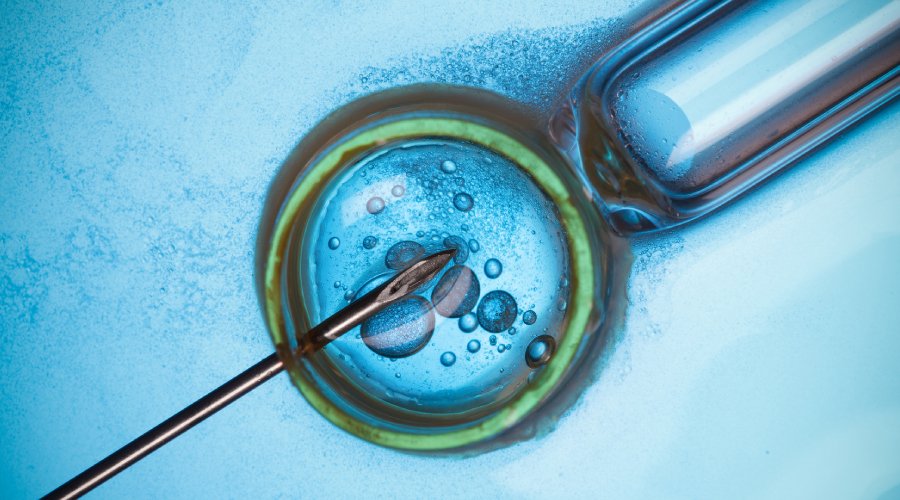Intracytoplasmic Sperm Injection (ICSI)

ICSI is a method of using intracytoplasmic sperm injection (ICSI) in conjunction with traditional in vitro fertilization (IVF), and it is especially useful for men with low sperm counts and poor motility.
Those who have trouble ejaculating or have had a vasectomy may benefit from it as well. Through ICSI, sperm is directly injected into the egg to fertilize it. After the embryo has become healthy enough to be able to survive within the uterus, it is gently injected into the uterine lining. An intracytoplasmic sperm injection, or ICSI, is sometimes augmented with a medical treatment called physiological intracytoplasmic sperm injection.
When a male partner wants to increase his fertility, ICSI is ideal. Testing can be helpful in cases such as low sperm counts, abnormally shaped sperm, and obstructions in the vasa deferentia.
In vitro fertilization (IVF) can be used in conjunction with intracytoplasmic sperm injection (ICSI). ICSI procedures can be successful in some cases, but not all, depending on factors such as the age of the couple and the fertility problem.
Bliss IVF helps you thoroughly examine fertility before prescribing any reproductive treatments. Our medical specialists analyze your medical history first and then devise a treatment strategy that will achieve the best possible results.
An intracytoplasmic sperm injection may be recommended if a couple has been diagnosed with male reproductive problems, such as low sperm count, low sperm morphology or motility, anti-sperm antibodies, or a vasectomy or failed attempt at reversing a vasectomy in the past.
The technique can also be used to help couples who have had poor or no success with traditional IVF. ICSI is one of the most common procedures used in assisted reproductive technology, along with IVF. Tens of thousands of children have been born since its inception who would otherwise not exist.